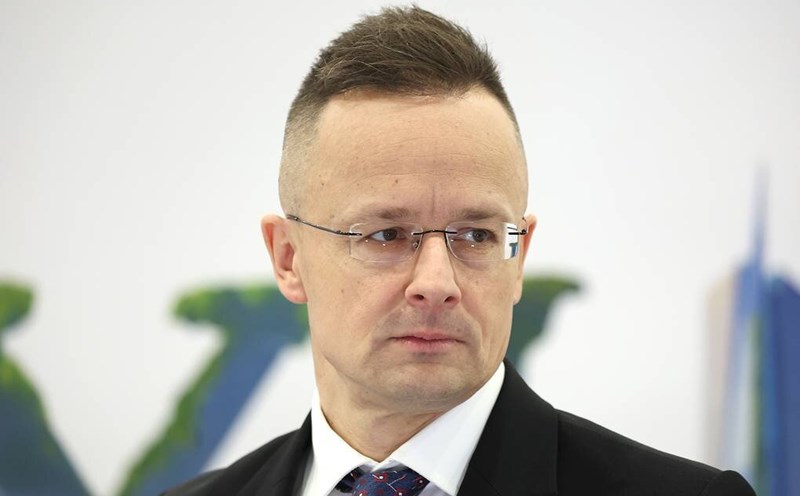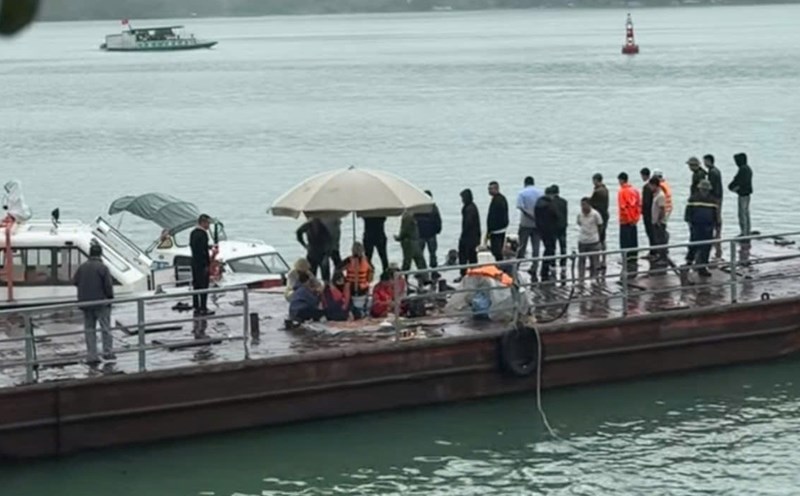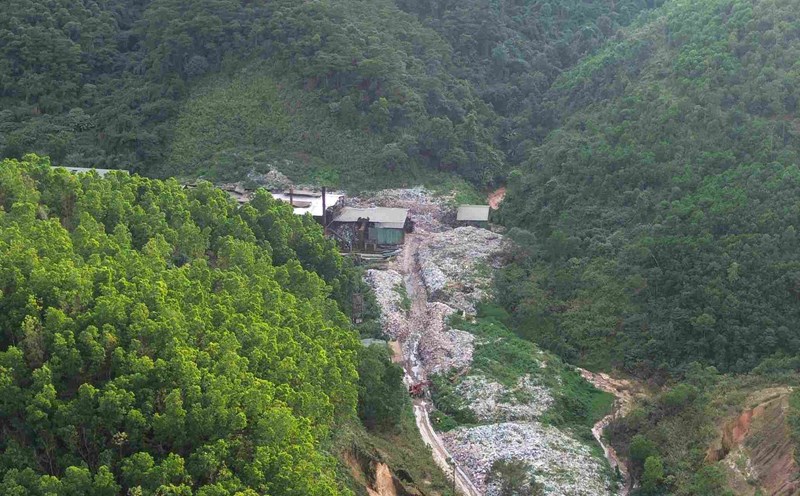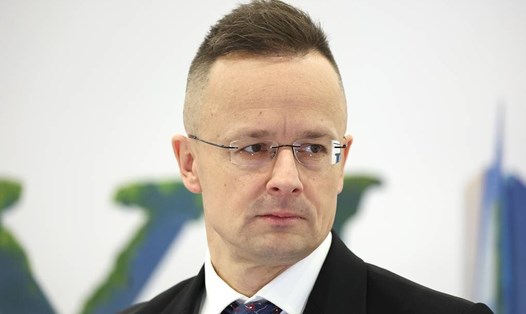On November 1, US President Donald Trump said he had not yet decided whether to exempt Hungary from new US sanctions against Russia, despite Prime Minister Viktor Orban's offer.
Speaking to reporters on the Air Force One, President Trump confirmed Mr. Orban's offer. "He has asked for an exemption. We have not issued it," Trump said. However, the US leader has twice avoided the question of whether Washington is ready to accept Budapest's request.
This issue becomes especially urgent as Prime Minister Orban is scheduled to have a face-to-face meeting with President Trump in the US on November 7. Mr. Orban previously said he planned to use this meeting to convince the US leader about the need for some exemptions in the energy sector. Hungary insists it needs these exemptions to maintain national energy security.
Hungary's stance stems from its great dependence on Russian energy, which has caused a lot of controversy within the EU. Hungary is a landlocked country that depends largely on oil and gas supplies via the Druzhba pipeline from Russia.
Hungarian Foreign Minister Peter Szijjarto has repeatedly affirmed that the country "cannot be warmed by politics" and cannot abandon Russian oil for practical geographical reasons. Hungary is concerned that new US sanctions will directly threaten this essential supply.
The sanctions that Hungary is concerned about are a new package of sanctions announced by the US Treasury Department on October 22, targeting Russian oil giants Rosneft and Lukoil and 34 subsidiaries. These measures are expected to take full effect on November 21. The US believes that these restrictions are aimed at pressuring Russia to end the conflict in Ukraine.
On the Russian side, President Vladimir Putin said the new sanctions would not significantly affect the country's economic stability, but also noted that the US government was damaging bilateral relations with such actions.











